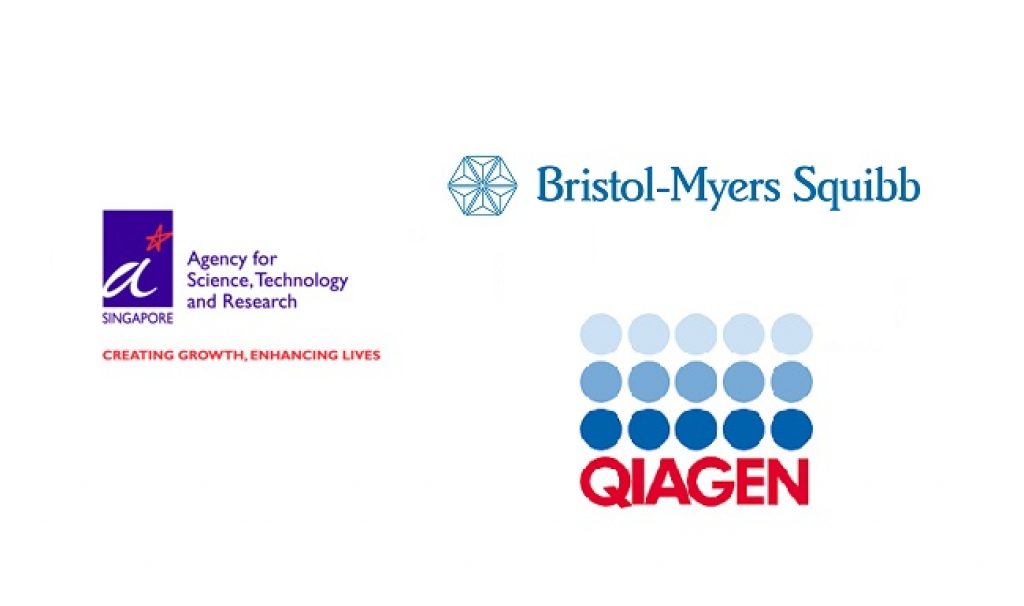
AsianScientist (Jun. 22, 2015) – A*STAR’s Genome Institute of Singapore (GIS) has established a strategic joint laboratory initiative with Pyrobett Pte Ltd, a Singapore-based joint venture between Bristol-Myers Squibb (BMS) and QIAGEN to develop a pyrosequencing platform for clinical diagnostics.
Pyrosequencing is a technique of ‘sequencing by synthesis’, where sequences are delivered by performing ‘gold standard’ genetic analysis on luminometric-detected pyrophosphate (PPi), which is well-released during DNA synthesis.
As part of the collaboration, Pyrobett will integrate its pyrosequencing platform technology with GIS’s molecular diagnostic assay development expertise to develop and validate pyrosequencing-based diagnostics assays covering a wide range of bacterial and viral genotyping, mutations associated with drug resistance, as well as cancer detection.
“With an automated workflow and simple user interface, the pyrosequencer enables users to confidently identify and quantify genetic hotspots, as well as validate whole genome sequencing or sequence array data with high accuracy at a low cost,” said Mr. John Corbett, CEO of Pyrobett.
The novel pyrosequencing platform currently developed by Pyrobett and GIS is a real-time sequencing platform that is able to churn out analysed sequence data, including nucleic acid extraction and target DNA amplification in less than five hours.
“The GIS-Pyrobett pyrosequencing platform will allow healthcare practitioners to obtain valuable genomic data to get to the crux of medical conditions in a quicker, more accurate and cost-effective manner,” said Professor Ng Huck Hui, executive director of GIS.
Mr. Jean-Pascal Viola, senior vice president and head of Corporate Business Development at QIAGEN, gave his views on the long-term outcome of the partnership:
“A common theme today is that information is becoming the driver in healthcare. Guiding medical treatments using genomic information is critical, especially to achieve the best clinical outcomes for patients,” said Viola.
“By providing the leading technologies and efficient workflows, this collaboration will create a platform to better guide research and provide precise diagnosis for medical decision-making.”
———
Source: Agency for Science, Technology and Research.
Disclaimer: This article does not necessarily reflect the views of AsianScientist or its staff.












